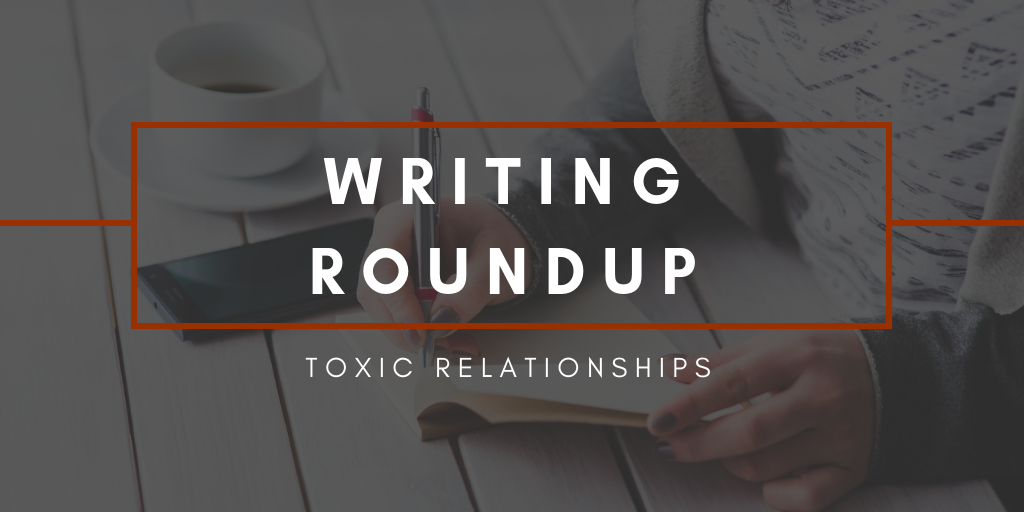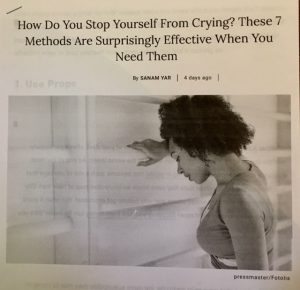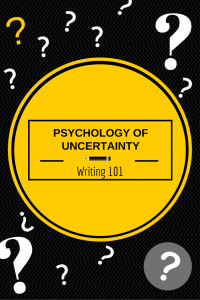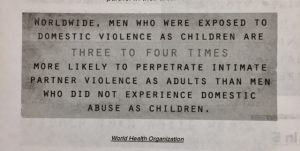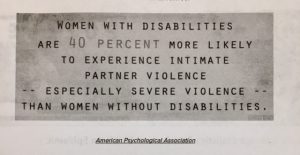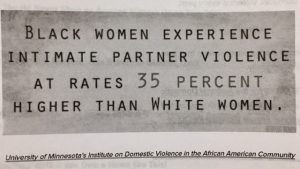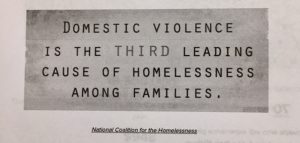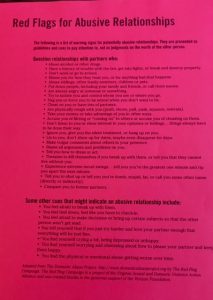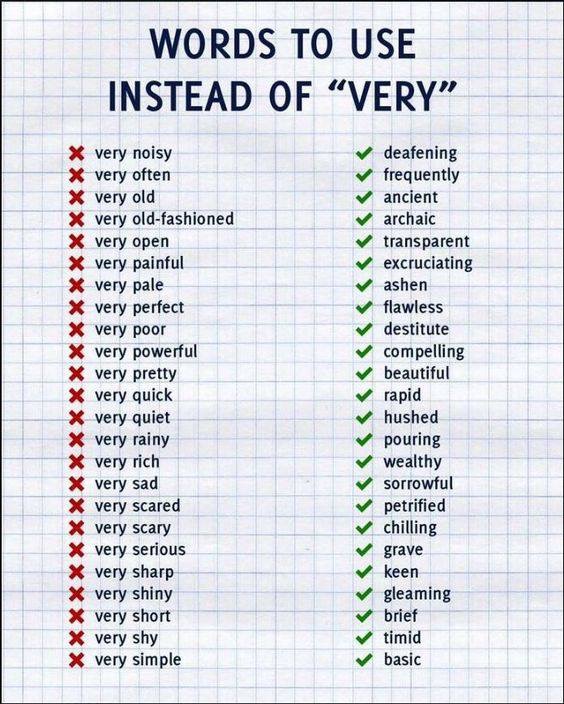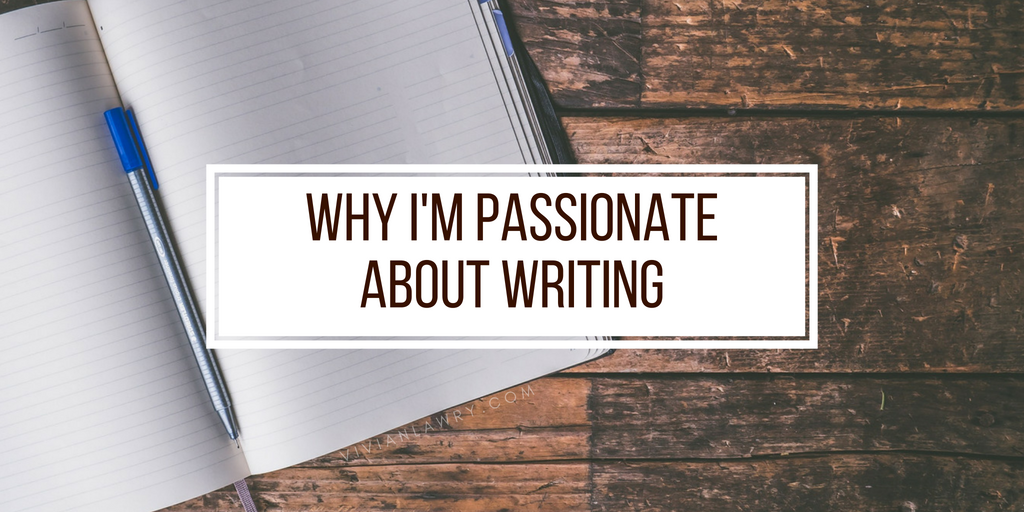I’m passionate about writing because it keeps my brain working. I want my stories to be accurate and interesting, and in doing the research to make that happen, I learn new things. For example, in working on “Feeding Bella” I learned that ketamine, a veterinary anesthetic, causes hallucinations in humans; its street name is Special K. Or, again, researching the Great Depression, I learned that gasoline was ten cents a gallon and ham was ten cents a pound.
When I first retired, which I did at age fifty-two, I became depressed—much to my surprise. I‘d looked forward to more time for cooking and gardening. But filling my life with things I used to get done evenings and weekends felt hollow. And I hated to keep introducing myself by what I used to do—as in, “I’m a retired vice president for academic affairs and dean of the faculty.” Before retirement, I hadn’t realized the extent to which my identity, and my friendships, were tied to my work life.
For me, writing has replaced my former career. It engages many skills—especially research skills—from my academic past and it’s enlarged my social circle. I’ve never met a dull, boring writer.
I always excelled academically. Now getting a story published is like getting an A on my report card; books are like making the dean’s list or Phi Beta Kappa.
My writing brings in very little income, so thank goodness I don’t write to put food on the table. Instead, writing fuels my imagination.
I’ve always written. In high school it was plays for the student body, poems for my boyfriend, the junior class prophesy and the senior class will. In college I tested out of composition and so had only course-specific instruction, such as how to write research reports. From then through my twenty-seven year career, I wrote academic tomes.
Now I write fiction, and with fiction, anything is possible. I’ve dabbled in historical fiction, mysteries, fantasy, magical realism, memoir, and memoir-based fiction. I’m passionate about writing because it can take me anywhere, real or imagined.
I’m passionate about writing because it’s cheaper than therapy and just as effective when dealing with depression. My most recent depression descended in 2014-2015 during my bout with breast cancer that put me under the thumb of the medical establishment for twelve months, frequently getting treatment five days a week. From that experience I published “Beast and the Beauty” (magical realism), “Art Heals” and “Repair or Redecorate after Breast Surgery” (two personal essays about reclaiming my body via tattoos), and “Hindsight” (an essay on how my experience changed my perspective on my years with an invalid mother). Writing allows me to know myself and others in new ways.
BOTTOM LINE: Writing is my passion because it’s my lifeline.
